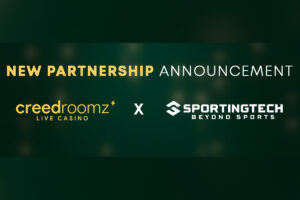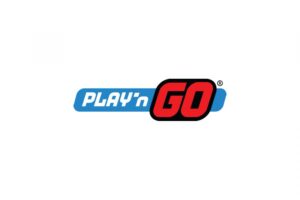Dutch igaming bodies publish voluntary draft code of conduct

The two major Dutch trade bodies have not yet managed to agree on a definitive agreement but say operators will abide by a voluntary draft code of conduct.
The Netherlands.- The trade associations Vergunde Nederlandse Online Kansspelaanbieders (VNLOK) and VAN Kansspelen have published a voluntary code of conduct for online gambling operators following the launch of the country’s regulated igaming market at the weekend.
The bodies have not yet reached an agreement on a definitive code but said that operators would follow the draft document. VNLOK comprises Holland Casino, FPO Nederland, JOI Gaming, the state lottery operator Nederlandse Loterij and ZEbet, while VAN Kansspelen represents operators across the new online sector.
According to the draft code, bonuses must not be advertised through broadcast media or at outdoor locations such as billboards. Operators must also avoid using language that promotes “urgent” or “excessive” behaviour, for example phrases such as “you have nothing to lose”, “take your chance, you only live once” or “hurry up, gamble now”.
Meanwhile, marketing should also avoid playing on gambling superstitions, should not trivialise the risk involved in gambling and should not suggest that gambling can lead to social acceptance, happiness or a solution to problems.
VNLOK chair Helma Lodders said: “It’s a pity that we have not been able to come up with a definitive advertising code for the opening of the online gambling market on 1 October. We remain committed to arriving at a definitive code because making advertising proportionate is in the interest of consumers, advertisers and the providers of advertising time.
“We have seen in countries around us that if you don’t make proportional agreements, you risk an abundance of untargeted advertising and that provokes irritation and resistance among consumers.”
Meanwhile, a third trade group, the Netherlands Online Gambling Association (NOGA), which includes Entain, Flutter, Kindred and Bet365, has complained of being left out of discussions. It’s argued that advertising rules implemented by the Dutch national watchdog are too lenient and risk causing a backlash against the newly licensed sector.
Licensed online gambling in the Netherlands went live on Saturday after a last-minute delay caused by a malfunction in the self-exclusion system Cruks.
Only 10 operators have received licences, but several major operators have announced their intention to apply for licences and have begun blocking Dutch players in order to comply with the Netherlands’ new legislation.











